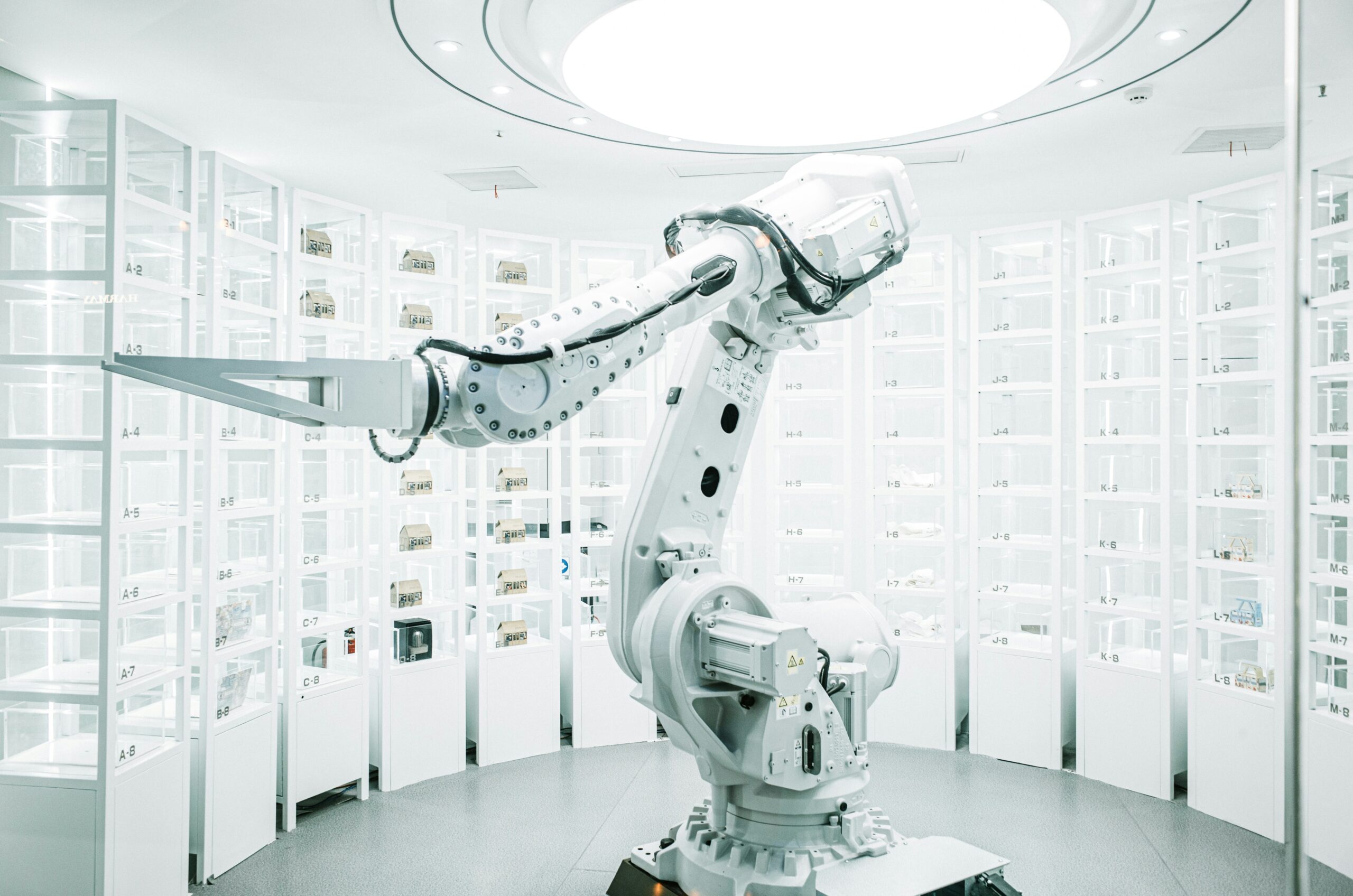
Artificial Intelligence (AI) is no longer confined to science fiction or tech enthusiasts. Over the past few years, AI has made its way into our daily routines, changing how we work, communicate, shop, and even live. From voice assistants in our homes to more complex systems shaping business decisions, AI is transforming our world in once unimaginable ways. Let’s explore how AI is making a significant impact on everyday life.
AI in Smart Homes: Revolutionizing Daily Convenience
One of the most noticeable ways AI has integrated into our lives is through smart home devices. Voice-activated assistants like Amazon Alexa, Google Assistant, and Apple’s Siri have become household names, making it easier to control various aspects of our homes with simple commands. These AI-powered systems can turn on lights, adjust thermostats, play music, set reminders, and even order groceries.
Smart appliances are also becoming more common. AI-driven refrigerators can track what’s inside, suggest recipes based on available ingredients, and even notify you when items run low. AI-powered vacuum cleaners like Roomba can automatically navigate your home, clean your floors, and return to their charging station. These innovations reduce the need for manual tasks, saving time and increasing convenience.
AI in Transportation: Enhancing Safety and Efficiency
AI is also playing a transformative role in the transportation industry, particularly with the development of self-driving cars. Companies like Tesla, Waymo, and Uber are investing heavily in AI to create autonomous vehicles that can navigate roads with minimal human intervention. While fully autonomous cars are still developing, AI technologies such as advanced driver-assistance systems (ADAS) are already enhancing vehicle safety. Features like automatic emergency braking, lane-keeping assistance, adaptive cruise control, and collision warnings are powered by AI, making driving safer and more efficient.
Artificial Intelligence is also improving public transportation. AI-driven apps can predict the best routes, optimize bus and train schedules, and suggest alternative travel options based on traffic conditions. With the help of AI, commuters can save time, reduce costs, and enhance their overall travel experience.
AI in Healthcare: Personalizing and Streamlining Care
AI transforms healthcare by improving diagnostic accuracy, personalizing treatment plans, and streamlining administrative processes. Machine learning algorithms analyze medical images, such as X-rays and MRIs, to detect signs of diseases like cancer, often more accurately than human doctors. AI tools also help predict patient outcomes, enabling healthcare providers to offer tailored treatment options.
Another exciting development is personalized medicine powered by AI. AI can analyze genetic data to recommend treatments most likely to work for an individual, helping doctors choose the proper medications and therapies for their patients. This shift towards precision medicine promises to improve patient outcomes and reduce side effects.
AI in Retail: Changing the Shopping Experience
Shopping has become more innovative and more personalized with AI. Online retailers like Amazon, Netflix, and Spotify use AI algorithms to analyze your preferences and recommend products, movies, or songs tailored to your tastes. These recommendations are based on past behavior and patterns detected by millions of other users, creating a uniquely personalized experience.
AI-powered technologies such as facial recognition and smart mirrors enhance the shopping experience in physical stores. For example, AI-driven facial recognition systems can identify customer preferences and offer personalized discounts or product suggestions as customers walk through the store. Similarly, AI-powered mirrors in fitting rooms can suggest complementary products or styles based on what customers are trying on, helping them make more informed purchasing decisions.
AI in Finance: Streamlining Transactions and Risk Management
AI significantly impacts the finance industry by enhancing customer service, improving security, and simplifying financial management. Robo-advisors, AI-powered systems that offer investment advice based on algorithms, are now widely used for personal finance management. These systems analyze a person’s financial goals, risk tolerance, and market trends to offer tailored investment strategies at a fraction of the cost of traditional financial advisors.
AI is also transforming customer service in finance. Many banks and financial institutions use AI chatbots to handle customer queries, providing instant support for various services like account management, loan applications, and credit card inquiries. This automation reduces wait times and improves overall customer satisfaction.
AI in Education: Enhancing Learning Experiences
Education is another sector benefiting from AI advancements. AI-powered educational tools are making learning more engaging, personalized, and efficient. Adaptive learning platforms use AI to assess students’ strengths and weaknesses, tailoring lessons to meet their needs. This allows for a more customized learning experience, improving outcomes for students of all ages.
Virtual tutors powered by AI are becoming increasingly common, providing on-demand assistance to students. These tutors can answer questions, explain concepts, and even offer practice exercises. In addition, AI is being used to automate administrative tasks, such as grading assignments and tracking student progress, freeing up teachers to focus on teaching.
AI and the Future of Work: Automation and Augmented Intelligence
AI is also reshaping the workplace by automating routine tasks, augmenting human decision-making, and increasing productivity. Many industries, from manufacturing to customer service, adopt AI-driven automation tools to handle repetitive tasks, freeing employees to focus on more complex and creative work.
However, AI’s impact on the workforce goes beyond automation. AI also helps workers make better decisions by providing insights based on vast amounts of data. In sectors like finance, healthcare, and marketing, AI is assisting professionals in analyzing trends, predicting outcomes, and optimizing strategies.
Embracing the AI Revolution
Artificial Intelligence is undeniably transforming our everyday lives in profound and exciting ways. From making our homes brighter to revolutionizing healthcare and enhancing our work experiences, AI creates efficiencies, improves decision-making, and makes life more convenient. As AI evolves, we can expect even more groundbreaking changes to reshape how we live, work, and interact with the world around us. While challenges such as ethical concerns and job displacement must be addressed, there is no doubt that AI will continue to be a powerful force in shaping the future.